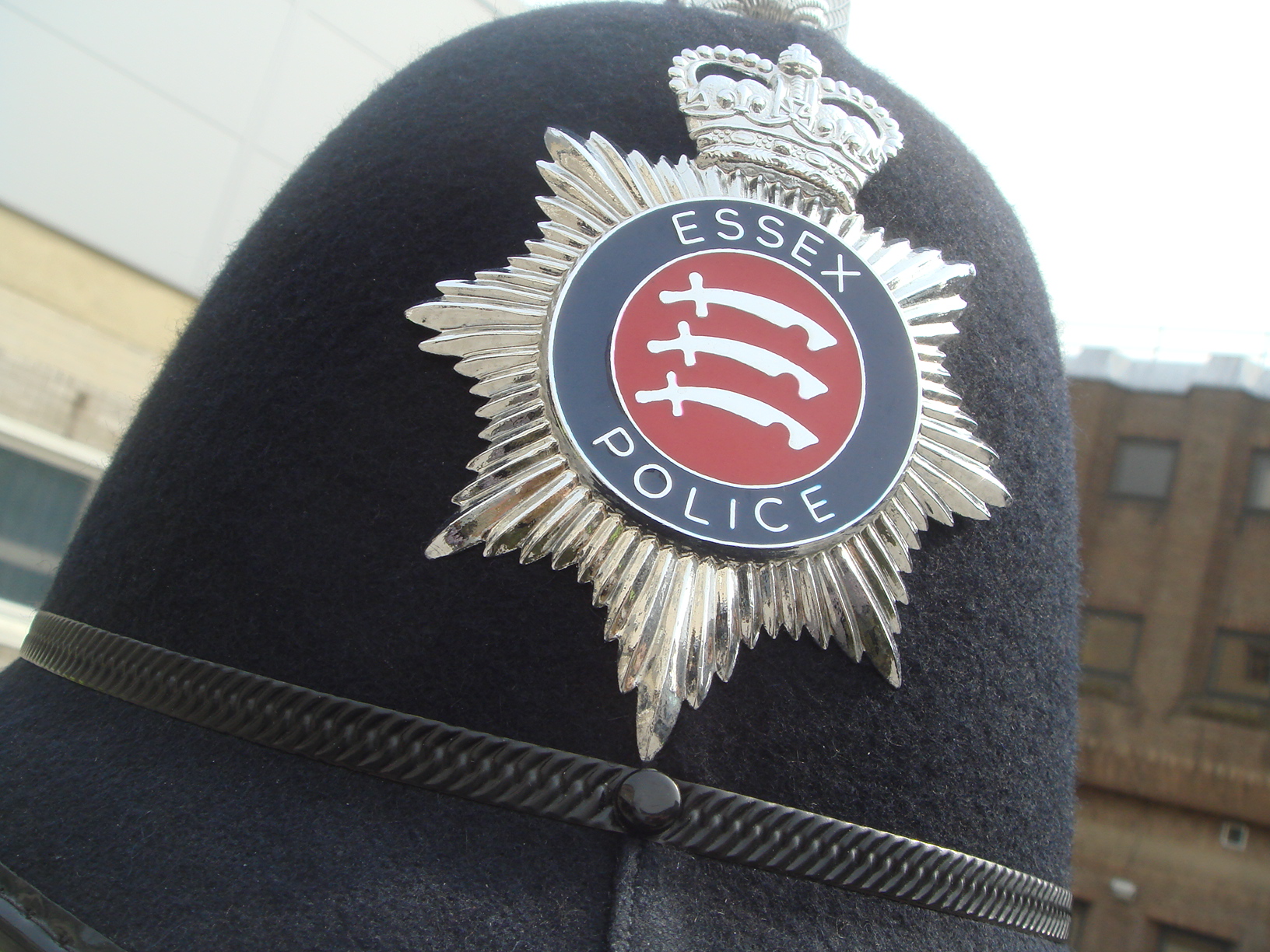Sickness rates in Essex – budget cuts are to blame
GOVERNMENT cuts – and workload pressure because of falling officer numbers – have been blamed for a rise in police officer sickness rates in Essex.
Mark Smith, chairman of Essex Police Federation was responding to reports that the number of sick days taken by Essex Police officers has risen by 50% over the past five years. He said: “I think the baseline of why they are going up is Government cuts.”
According to Essex Police constable Stephen Kavanagh, the force needs to save in the region of £36 million over the next three financial years.
Mr Smith said: “The cuts will continue, there will be fewer frontline officers, pressure will continue to pile onto officers.”
He added: “I know it is said over and over again but government cuts are the foundation for many problems and the sickness comes on the back of some of the things that have already been created.
“For instance; workload pressure because of falling officer numbers; pressure of not being able to get annual leave because officers are being used in other officers leaving fewer officers behind, sickness levels because when someone does become sick it maybe isn’t being addressed early on – there’s been a lack of investment in occupational health and welfare.
“There have been a number of years where chief constables haven’t seen the need because the NHS are there but we know that the NHS are at breaking point as well and getting those appointments is very difficult as well. So there has been a lack of investment all round in the greatest asset that we’ve got – which is police officers.”
According to figures obtained by the BBC using the Freedom of Information Acts, on average, officers took nearly 12.75 days off sick during the year to April, up from 8.28 days per officer in 2008.
The figures show that the 3,236 officers employed by the force in 2013-14 took a total of 41,252 days’ sick leave, up from a total of 28,864 in 2008-09.
So what more can Essex Police Federation do to help sick officers? Mr Smith added: “The main thing we can do is keep bringing these points up to the force – when officers are struggling, when they are not being looked after, to keep going back to the force, not being the thorn in their side but their conscience.
“To remind them that they owe it to these officers. Of course, the quicker you can get them back to work, it assists the officers, it assists the other officers that they work with – a lot of officers don’t want to be sitting around at home.
“A lot of officers you can’t get back quickly; they’ve had an operation and they need the recovery time. But there are some with stress and I know the figures show that stress-related illness has gone up, if that can be addressed early, maybe we can get people back quicker. Before it evolves into depression because before you know it they’ve seen their doctor, they’re on tablets and they’re off for six months.”


Comments are closed.